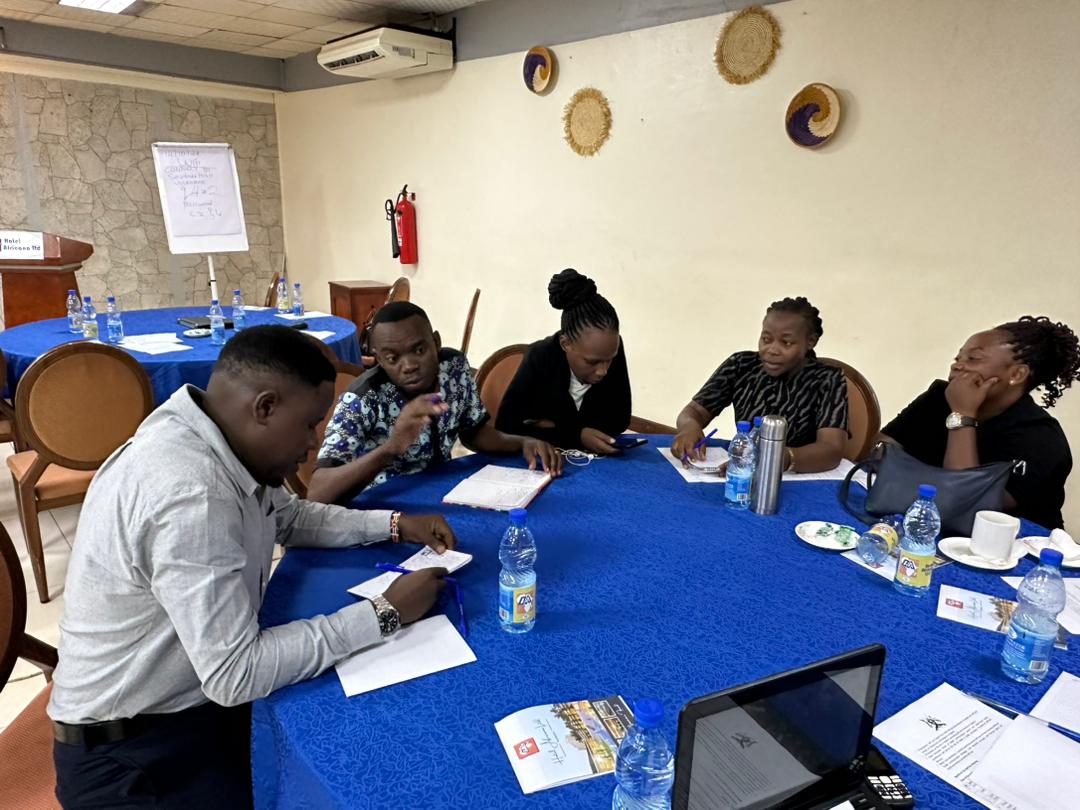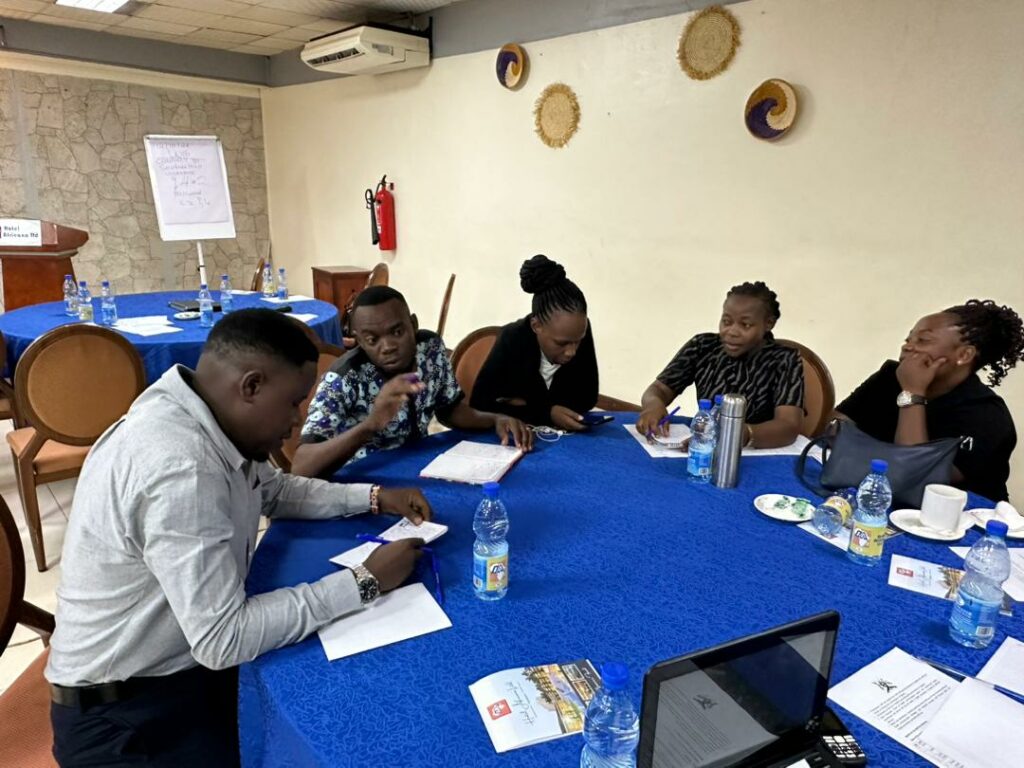
 Mama FM
Mama FM

 Mama FM
Mama FM
14 October 2024, 4:05 pm
Byamukama Alozious
During the media orientation on self-care today, Dr. Charles Olaro, Director of Curative Services at the Ministry of Health, emphasized the importance of empowering individuals, families, and communities to take control of their health through self-care. He clarified that self-care is not independent of the health system but an integral part of it. Dr. Olaro highlighted the need to focus on key areas such as sexual and reproductive health, especially for young people.
He stressed that preventative measures, like taking folic acid before pregnancy, can prevent conditions such as spina bifida and hydrocephalus. Unfortunately, in Uganda, many women start taking folic acid too late, often after they are already pregnant, which misses the critical early period when it is most effective. Despite its affordability and availability, many women remain unaware of its importance in preventing birth defects. By educating women and ensuring they start folic acid supplementation early, Uganda could significantly reduce the incidence of these conditions.

Dr. Olaro also emphasized the significance of cervical cancer screening, HPV vaccinations for girls, and promoting self-injectable family planning methods. These measures, he noted, can reduce maternal and newborn deaths. In addition, he addressed the role of self-care in managing mental health, elderly care, and preventing diseases through proper hydration and adequate sleep.
He concluded by urging the media to become ambassadors of self-care, spreading awareness within their institutions and to the wider community to help reduce the strain on health facilities.
Self-care, as defined, is the ability of individuals, families, and communities to promote health, prevent disease, maintain health, and cope with illness and disability with or without the support of a healthcare provider. It covers a broad range of activities including hygiene, nutrition, lifestyle, and self-medication, all of which can be driven by factors such as health literacy, healthcare systems, and technology.

Additionally, the Ministry of Health is focusing on specific self-care priorities such as family planning, antenatal care, HIV/STI management, and non-communicable diseases (NCDs). By enhancing access to information, promoting self-testing, and supporting early interventions, Uganda aims to improve health outcomes across these areas, particularly for women and young people.
On a global level, efforts led by the World Health Organization (WHO) are centered on scaling up self-care interventions, with a focus on sexual and reproductive health, mental health, and NCDs. Uganda has benefited from these efforts, with the development of self-care guidelines and strategies aimed at improving the health of older persons, preventing diseases, and empowering communities with gender-sensitive health decisions.